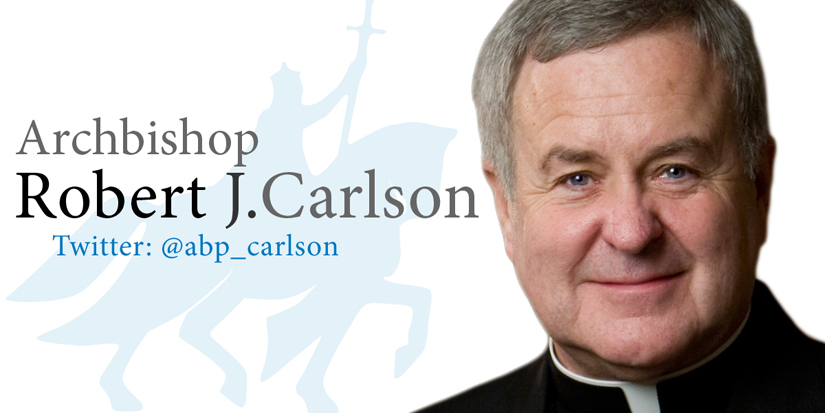 This week we read about a pivotal event in the life of the early Church. It raises a crucial question for our faith.
This week we read about a pivotal event in the life of the early Church. It raises a crucial question for our faith.
The first converts to faith in Christ were Jewish. They followed the Mosaic law, including circumcision for men. When Gentiles started to convert, a question arose: Did they need to follow the Jewish law and be circumcised or not?
The question was brought to the apostles in Jerusalem. After debate, discussion and prayer, the decision was made that Gentile converts didn’t need to follow all the precepts of the Mosaic law. Circumcision was not the key to belonging to Christ or remaining in Him.
Then what did Jesus mean when He said that He came not to abolish but to fulfill the law? Weren’t the apostles contradicting Christ and abolishing the law?
St. Thomas Aquinas, with his characteristic precision, helps us see the answer. The moral law — the truth about right and wrong in human action — is valid for eternity. The ritual law is abolished; the precepts about temple sacrifice are abolished because Jesus is the new temple, and the precept about circumcision is abolished because baptism is the new gateway into the people of God. The legal precepts are sometimes upheld and sometimes pass away, according to whether they affect our relationship with Christ or not.
In rendering their decision about the Mosaic law, the apostles upheld the moral law, freed people from the ritual law, and maintained some legal precepts that were helpful for Christian identity in a pagan culture (e.g. abstaining from meat sacrificed to idols). Their decision corresponds to the truth about how we receive the life of Jesus, and remain in Him. It was pivotal for the early Church.
The vital question that follows for our faith is how we remain with Christ in the midst of change.
The Church is beginning to prepare for the Ascension so, in the Gospel readings this week, Jesus speaks of His coming departure. As He prepares the disciples for this, Jesus speaks of how He will remain with them. But how Jesus is present to His disciples will change after the Ascension. He will no longer be present to them physically. He will be present spiritually, mystically and sacramentally. They’ll have to get used to that.
Likewise, how Jesus is present to us changes after childhood and adolescence. He is no longer present to us as befits the simple life of a child; He is present to us as befits all the complexities and nuances of adult life. To remain with Him in the midst of those changes takes some getting used to.
We can no longer just read the Bible, we have to study it.
We can no longer just say the Rosary, we have to pray the Rosary.
We can no longer just receive Jesus’ flesh in the Eucharist, we have to reach out to serve His flesh in our neighbors.
When we make these transitions, we receive the peace that comes from a maturing faith. When we don’t make these transitions, our faith life often withers. Jesus remains with us, but we tend to leave Him.
Jesus says He will remain with us, even as things change. Will we remain with Him as things change?